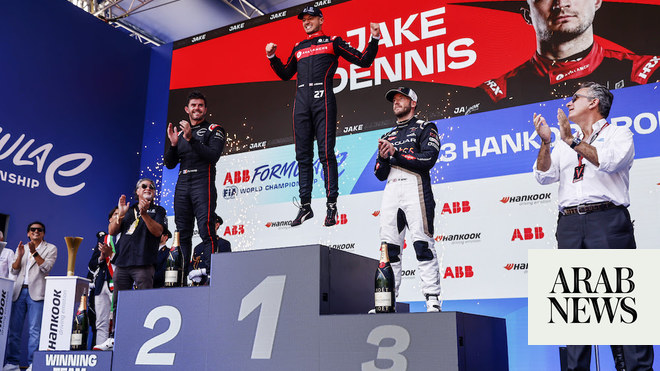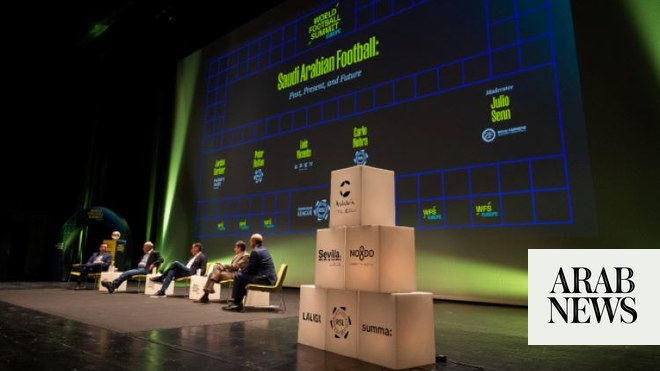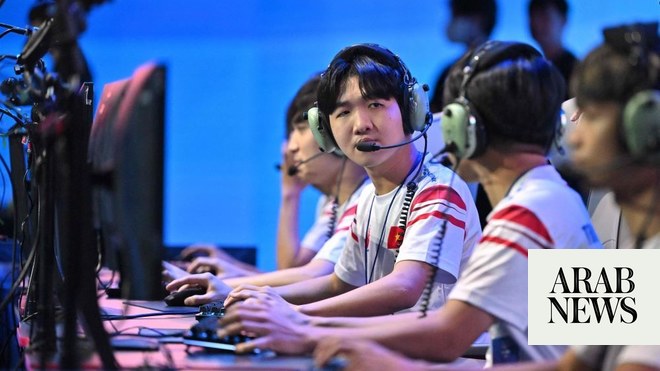
While Italy is one of the G20’s least prominent states, Prime Minister Mario Draghi is seeking to use his personal international prominence to help his country hold one of the most consequential annual presidencies of the club of world powers, which began on Friday with a pandemic summit.
Part of the reason Italy’s big year could be so important is that, in addition to the G20, it is also the UK’s prime partner in the organisation of COP26, the UN Climate Change Conference. Preparatory meetings will take place in September and October in Rome before the main event in Glasgow in November, and Italy is also coordinating closely with the UK-hosted G7 this year.
So 2021 could be one of the most important years for the G20 since the 2009 meeting in London during the international financial crisis of just over a decade ago; the group, with UK Prime Minister Gordon Brown in the chair, coordinated a $1 trillion stimulus package to bolster the global economy.
At Friday’s health summit leaders adopted a series of key measures, including a declaration for voluntary licensing and technology transfers to boost vaccine production. The most ambitious idea, however, came from the IMF, which proposed a $50 billion project aimed at ending the pandemic by vaccinating 40 percent of people globally by the end of 2021, and at least 60 percent by the first half of 2022. Doing so, IMF officials say, would inject the equivalent of $9 trillion into the global economy by 2025 due to a faster resumption of economic activity.
Building from the Saudi presidency last year, one of the prizes Draghi is seeking in 2021 is development of a genuinely global response to the pandemic which has been stymied to date by the lack of interest in this outcome from some world leaders. They include Donald Trump, who decided last year to play golf rather than attend all the G20 sessions of the leadership meeting following his decision last year to pull the US out of the WHO.
While the Italian presidency has the potential to be one of the most important since 2009, much will now depend on whether intra-G20 divisions ameliorate, or grow, in the five months run-in to October’s leadership summit.
Andrew Hammond
With his comments at last year’s G20 that he wanted to “vaccinate America first,” Trump also fueled a vaccine nationalism that WHO chief Dr Tedros Adhanom Ghebreyesus said last week had become a “vaccine apartheid.” The latest data here is stark; high-income countries account for 15 percent of the world’s population but have 45 percent of the world’s vaccines, while low and lower-middle countries account for almost half of the world’s population but have received just 17 percent of the world’s vaccines.
With Trump now out of office, and Western countries split on the issue of vaccine patent waivers with Germany strongly against, another key division within the G20 is between China and the US. Not all G20 leaders have fully embraced the advice of Ghebreyesus last year to come together to find joint solutions to coronavirus and “ignite a new global movement” to ensure it never happens again.
While there are some signs of a bridging of these gaps, Draghi still has much work to do this year. There are also wider concerns about how easy it will be to implement the agreements on Friday and later this year. While the G20 is widely seen to have seized the mantle from the G7 as the premier forum for international economic cooperation and global governance, it has failed so far to realize the full scale of the ambition some thrust upon it, in part because it has no formal mechanisms to ensure enforcement of agreements by world leaders.
Moreover, at a time of a continuing global health emergency, there also remain concerns by states outside the G20 about the club’s legitimacy, and its composition, which was decided in the late 1990s by the US andG7 colleagues. While states were nominally selected according to criteria such as population, GDP etc, criticism has been made of omissions such as Nigeria, which has three times South Africa’s population.
This issue has been picked up by the host of the 2009 summit, Brown, in the context of coronavirus. He has urged the G20 to work much more closely with the 193-member UN to tackle the pandemic.
Nevertheless, whether or not the G20 lives up in 2021 to some of Draghi’s high expectations, it continues to be a forum that is generally highly prized by its members, as Friday’s session showed. While the Italian presidency has the potential to be one of the most important since 2009, much will now depend on whether intra-G20 divisions ameliorate, or grow, in the five months run-in to October’s leadership summit.
Andrew Hammond is an Associate at LSE IDEAS at the London School of Economics
Disclaimer: Views expressed by writers in this section are their own and do not necessarily reflect Arab News" point-of-view












